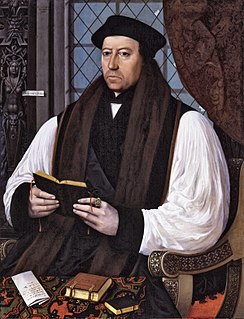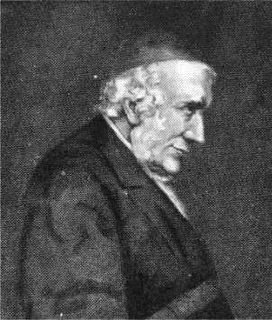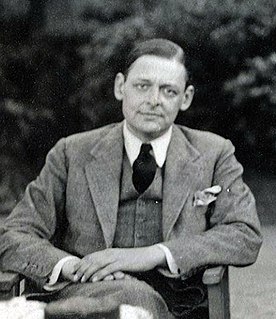
Vespers is a sunset evening prayer service in the Orthodox, Roman Catholic and Eastern Catholic, Anglican, and Lutheran liturgies of the canonical hours. The word comes from the Greek ἑσπέρα ("hespera") and the Latin vesper, meaning "evening". It is also referred to in the Anglican tradition as evening prayer or evensong. The term is also used in some Protestant denominations to describe evening services.
A canticle is a hymn, psalm or other Christian song of praise with lyrics taken from biblical or holy texts other than the Psalms.
Compline, also known as Complin, Night Prayer, or the Prayers at the End of the Day, is the final church service of the day in the Christian tradition of canonical hours. The English word compline is derived from the Latin completorium, as Compline is the completion of the working day. The word was first used in this sense about the beginning of the 6th century by St. Benedict in his Rule, in Chapters 16, 17, 18, and 42, and he even uses the verb complere to signify Compline: "Omnes ergo in unum positi compleant" ; "et exeuntes a completorio" ....
A memorial in the Roman Rite of the Catholic Church is a lower-ranked feast day in honour of a saint, the dedication of a church, or a mystery of the religion.

Anglican church music is music that is written for Christian worship in Anglican religious services, forming part of the liturgy. It mostly consists of pieces written to be sung by a church choir, which may sing a capella or accompanied by an organ.
In Anglican church music, a service is a musical setting of certain parts of the liturgy, generally for choir with or without organ accompaniment.
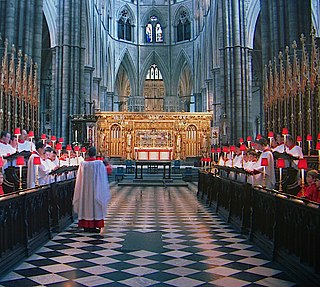
Evening Prayer is a liturgy in use in the Anglican tradition celebrated in the late afternoon or evening. It is also commonly known as Evensong, especially when the office is rendered chorally, that is, when most of the service is sung.
In chant, a reciting tone can refer to either a repeated musical pitch or to the entire melodic formula for which that pitch is a structural note. In Gregorian chant, the first is also called tenor, dominant or tuba, while the second includes psalm tones as well as simpler formulae for other readings and for prayers.
The Book of Divine Worship (BDW) was an adaptation of the American Book of Common Prayer (BCP) by the Roman Catholic Church. It was used primarily by former members of the Episcopal Church within Anglican Use parishes of the Pastoral Provision and the Personal Ordinariates. It has been replaced by a new book to be used worldwide, titled Divine Worship: The Missal.

The Liturgy of the Hours or Divine Office or Work of God or canonical hours, often referred to as the Breviary, is the official set of prayers "marking the hours of each day and sanctifying the day with prayer". It consists primarily of psalms supplemented by hymns, readings and other prayers and antiphons. Together with the Mass, it constitutes the official public prayer life of the Church. The Liturgy of the Hours also forms the basis of prayer within Christian monasticism.

The term "Celtic Rite" is appliedto the various liturgical rites used in Celtic Christianity in Britain, Ireland and Brittany and the monasteries founded by St. Columbanus and Saint Catald in France, Germany, Switzerland, and Italy during the early middle ages. The term does not imply homogeneity; the evidence, scanty and fragmentary as it is, is in favour of considerable diversity.

In the Lutheran Church, Matins is a morning-time liturgical order combining features that were found in the Medieval orders of Matins, Lauds, and Prime. Lutherans in general retained the Order of Matins for use in schools and in larger city parishes throughout the 16th and 17th centuries. The orders experienced a revival in the Confessional Renewal that took place in the 19th century, and now have a stable place in modern Lutheran liturgical books.

Psalm 100 is the 100th psalm of the Book of Psalms, generally known in English by its first verse, in the King James Version: "Make a joyful noise unto the Lord, all ye lands". The Book of Psalms is the third section of the Hebrew Bible, and a book of the Christian Old Testament. In the Greek Septuagint version of the bible, and in its Latin translation in the Vulgate, this psalm is Psalm 99 in a slightly different numbering system. In Latin, it is known as "Jubilate Domino omnis terra", or simply Jubilate. The psalm, a hymn psalm, is a regular part of Jewish, Catholic, Anglican and Protestant liturgies. It is also known as Old 100th, Mizmor le-Toda and "Psalm of gratitude confession",

Psalm 95 is part of the biblical Book of Psalms. It is one of the Royal Psalms, Psalm 93-99, praising God as the King of His people. Psalm 95 identifies no author, but Hebrews 4:7 attributes it to David. In the Greek Septuagint version of the bible, and in its Latin translation in the Vulgate, this psalm is Psalm 94 in a slightly different numbering system.

Vespers is the evening prayer service in the liturgies of the canonical hours. The word comes from the Greek εσπερινός and its Latin equivalent vesper, meaning "evening." In Lutheranism the traditional form has varied widely with time and place. Martin Luther, in his German Mass and Order of Divine Service (1526') recommended reading the gospel in Latin in schools: "Then let another boy read the same chapter in German for practice, and in case any layman were there to hear...In the same way at Vespers, let them sing the Vesper Psalms as sung hitherto, in Latin, with an antiphon; then a hymn, as there is opportunity." While Latin vespers continued to be said in large churches, many experiments with simplified liturgies were made, including combining the hours of vespers and compline, as in Thomas Cranmer's Anglican evensong. Under the influence of the 20th century Liturgical movement the Alpirsbach circle reintroduced Gregorian chant and spawned the Evangelisch-Lutherische Gebetsbruderschaft, established in 1954, which publishes the Breviarium Lipsiensae or Leipzig Breviary.

Liturgical Jazz is the first studio album by tenor saxophonist/composer-arranger Ed Summerlin. It was recorded and released in 1959 on the Ecclesia label.
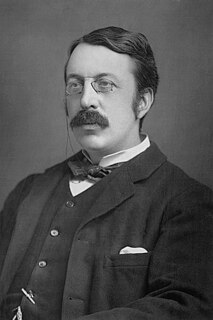
Service in B-flat major, Op. 10, is a collection of Anglican church music by Charles Villiers Stanford for mixed choir and organ containing the Canticles for each of the principal services of the Anglican Church. Stanford set the traditional liturgical texts in English in 1879 when he was the organist of Trinity College, Cambridge. They were published by Novello in 1902. Stanford orchestrated the work in 1903, with additional organ.




